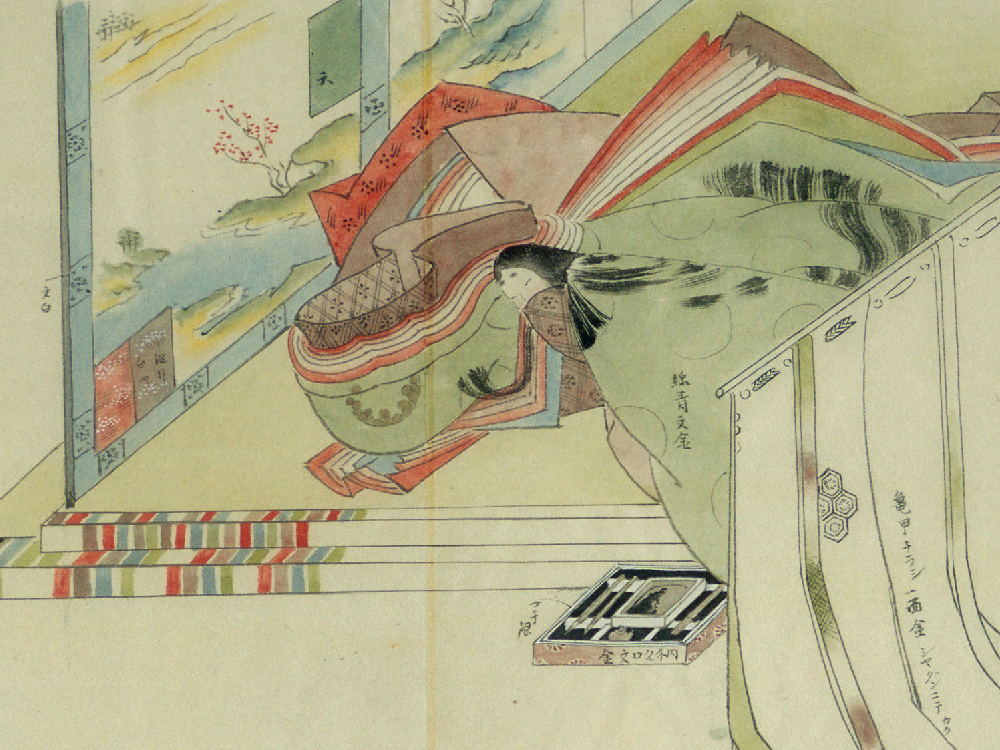
Seike Collection consists of 2,654 Chinese classical books formerly held by the Funabashi Family who specialized in Confucianism. The collection ranges from documents, records, lecture books for the Emperors to the books on the Confucian Canon created during the period from the Muromachi period to the Edo period.
The Funabashi Family was founded by Hidekata Kiyohara (1575-1614), a descendent of Natsuno Kiyohara (782-837), when he changed his family name from Kiyohara to Funabashi in 1601. Since Natsuno, the Kiyohara and Funabashi Families had served as specialists in Confucianism. Examples of well-known family members are Sei Shonagon (essayist of the Heian period) and Nobukata Kiyohara (1475-1550; economist of the Muromachi period).
The core of the collection is composed of writings on the Confucian Canon in the Muromachi period. The jewels of the collection, 34 research books on the Confucianism of the Kiyohara Family (清原家家学書34種), were designated as important cultural properties in 1952. There are also many memorandums regarding the ceremonies in the court created during the Edo period, which are first-class materials for research in Yusoku kojitsu (usages or practices of the court or military households).
Seike Collection held by Kyoto University Library today consists of 2,300 books donated by Kiyokata Funabashi (1891-1967) during the period from 1951 to 1953 and 289 books, including 34 research books on the Confucianism of the Kiyohara Family, purchased by the library.
* Part of the items includes annotations cited from Suzuka Mokuroku Catalog (鈴鹿目録), which was originally handwritten but is being temporarily supplemented and transcribed to text data by the Japanese Literature Laboratory, Graduate School of Letters, Kyoto University.